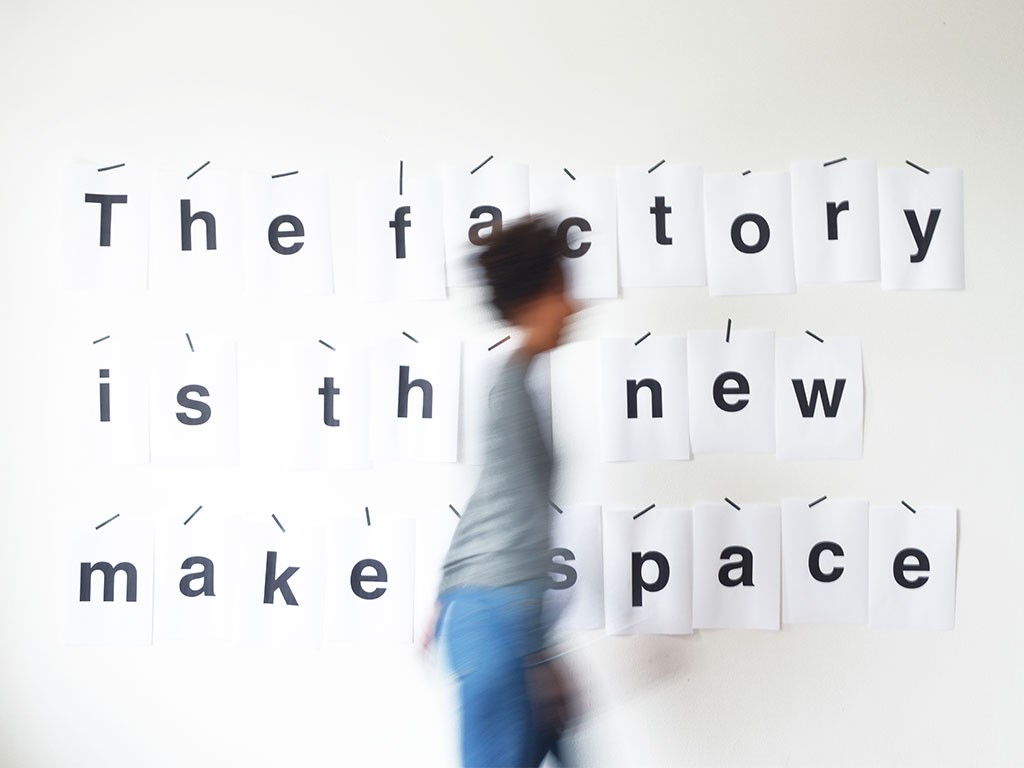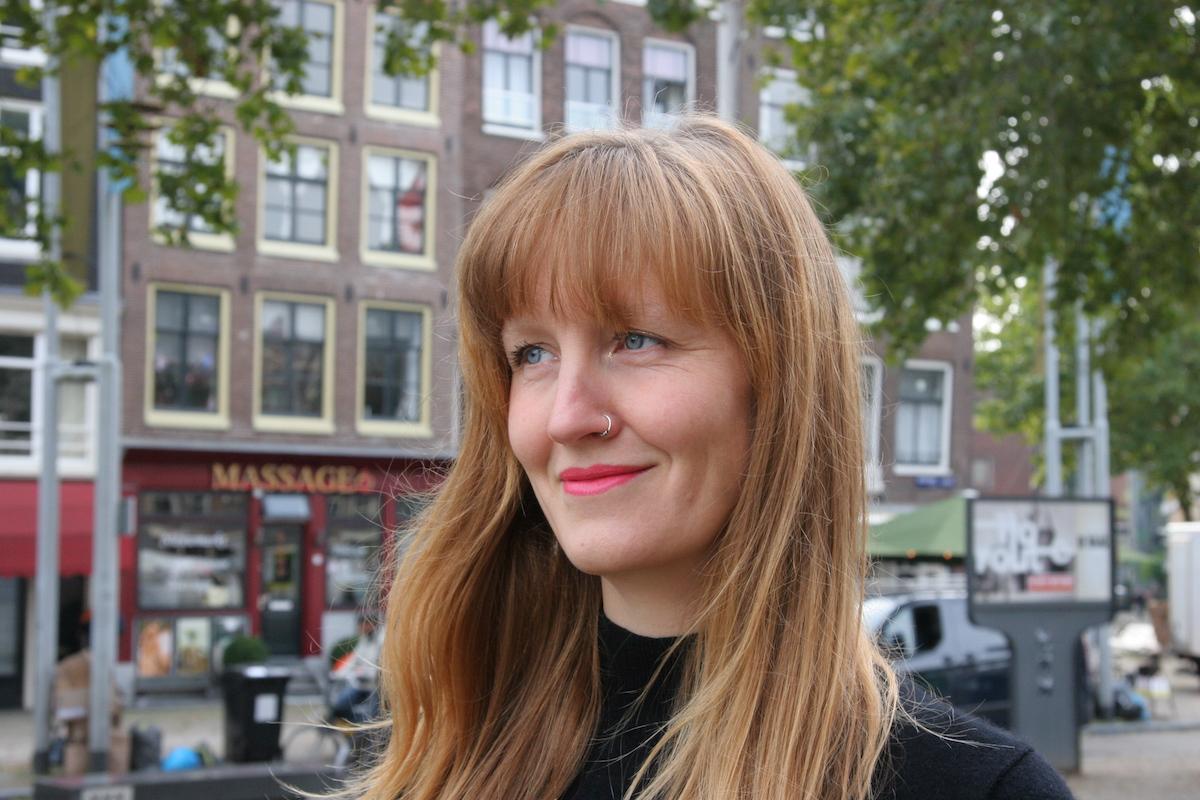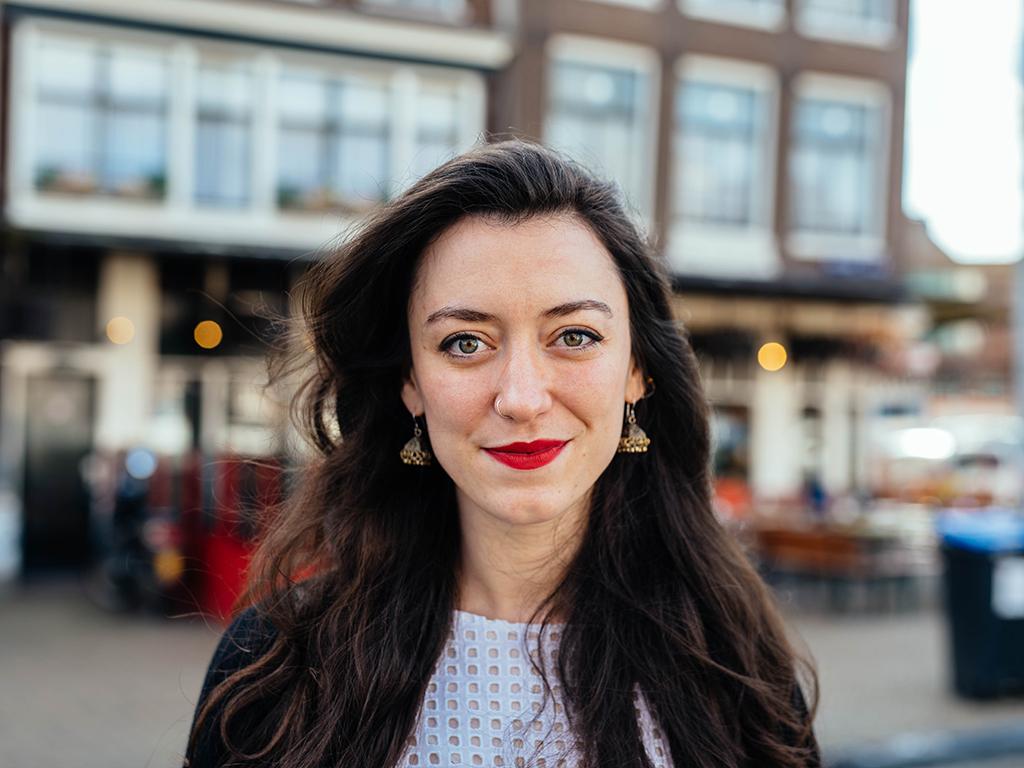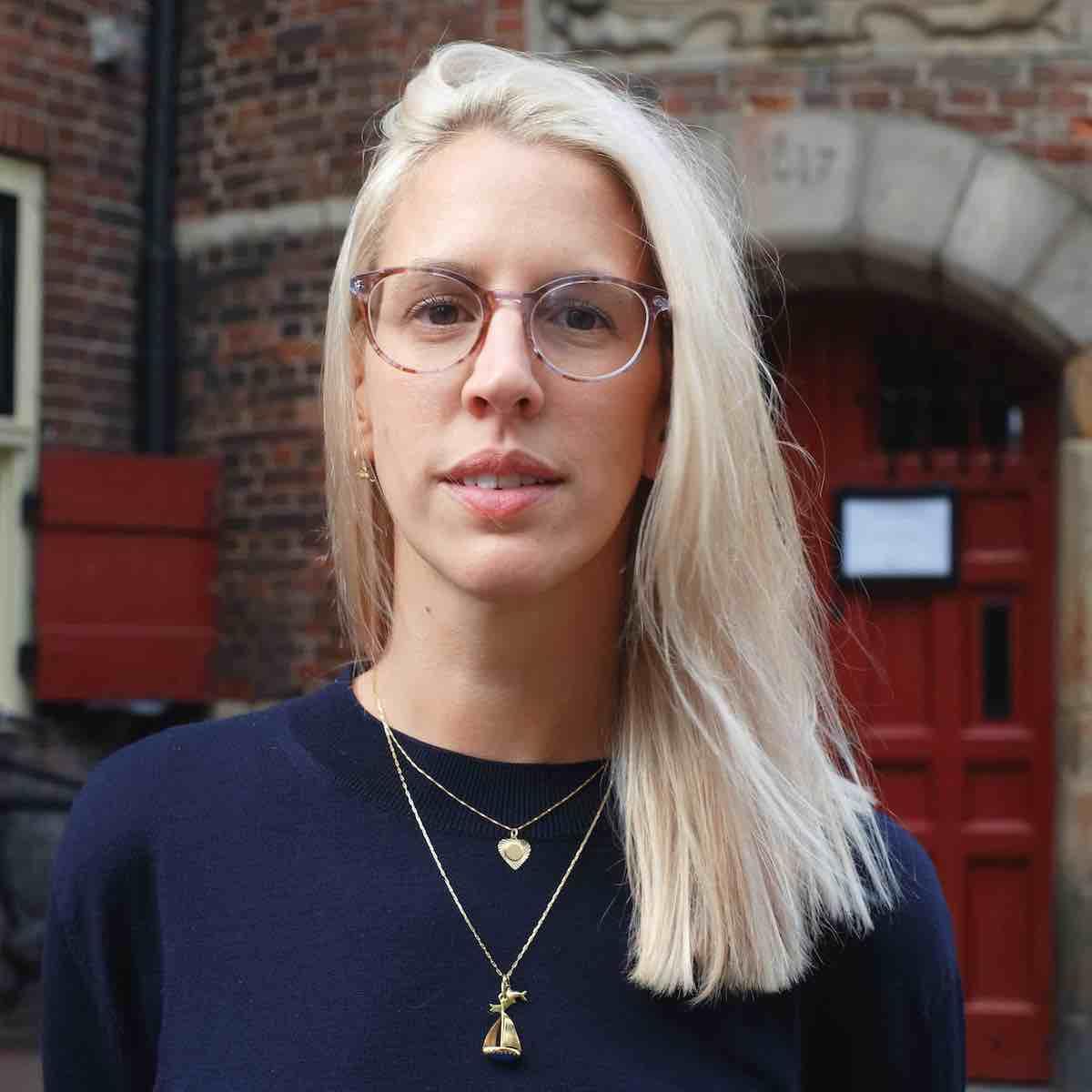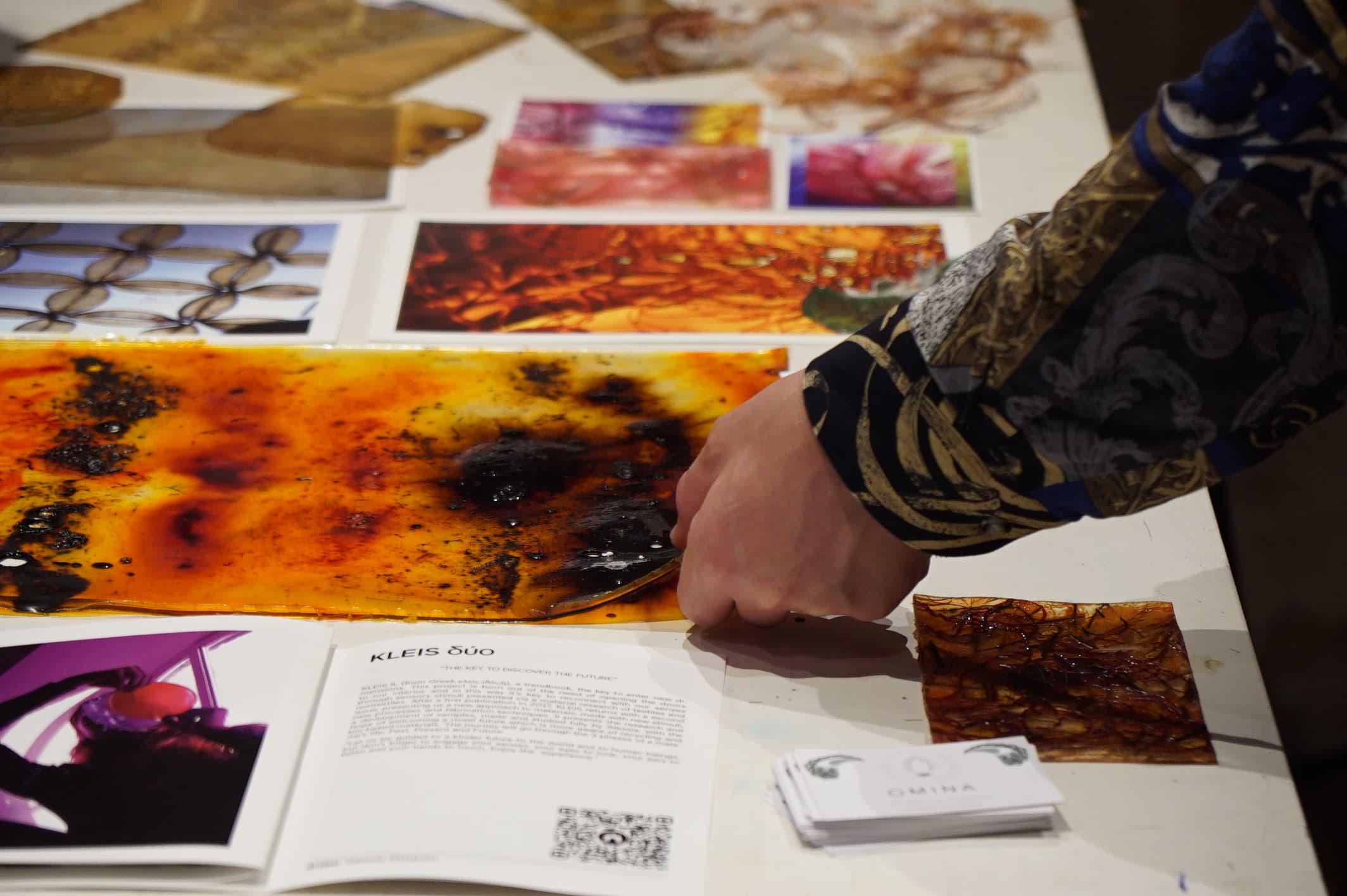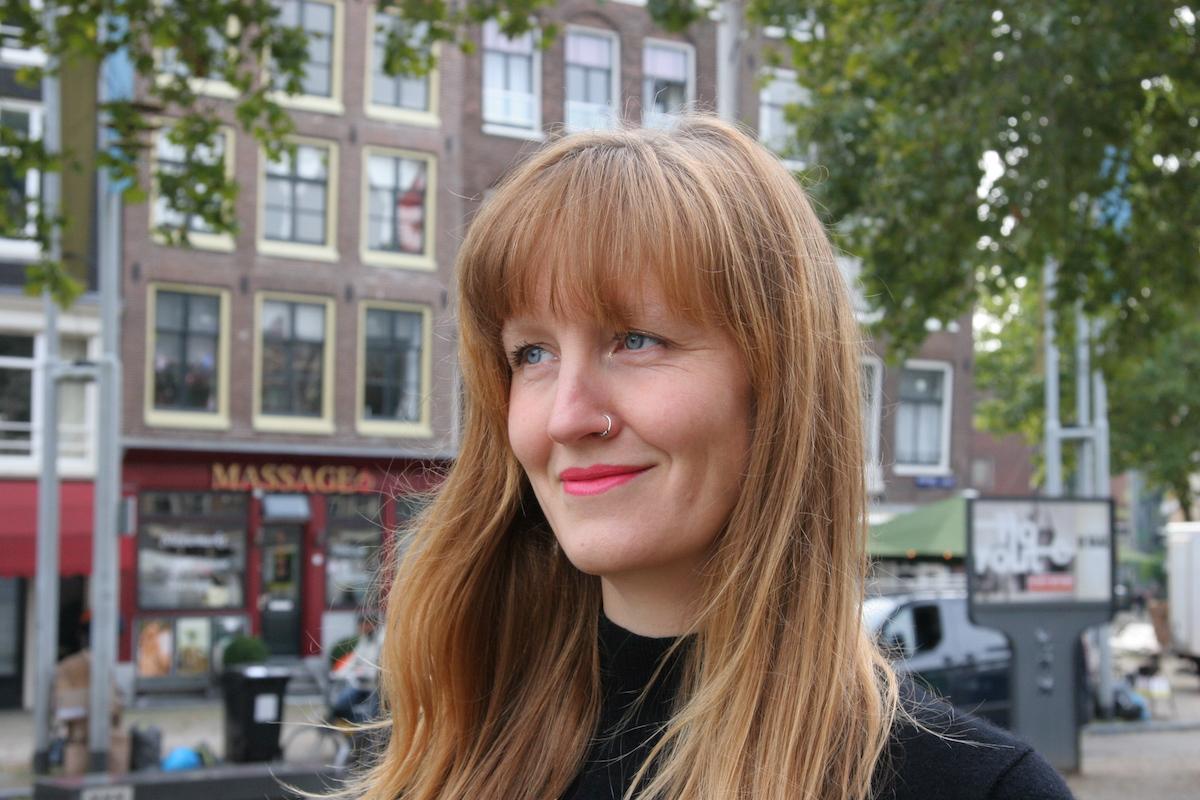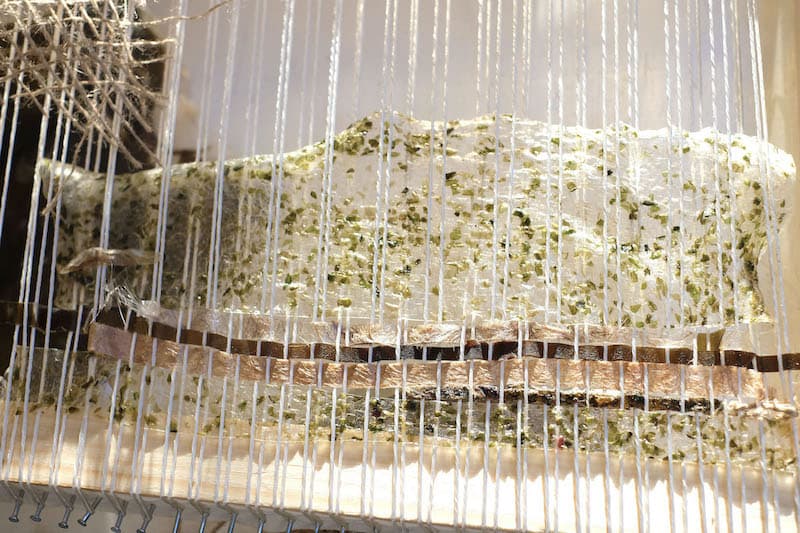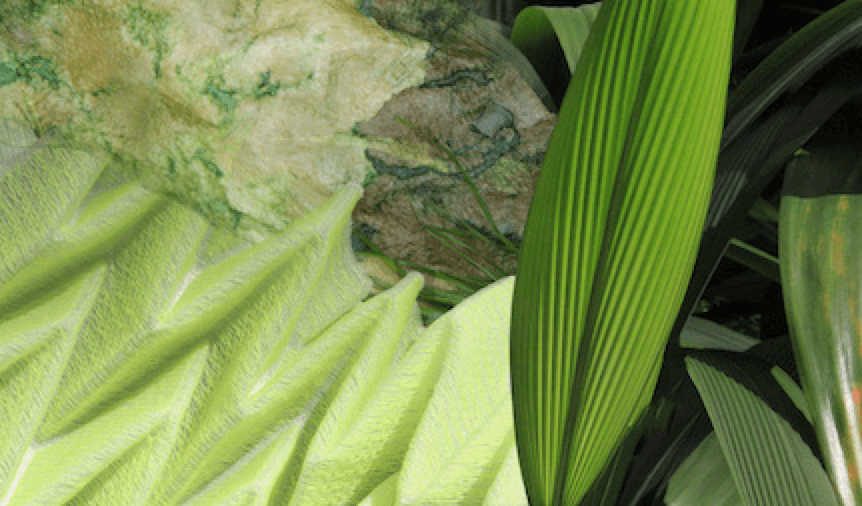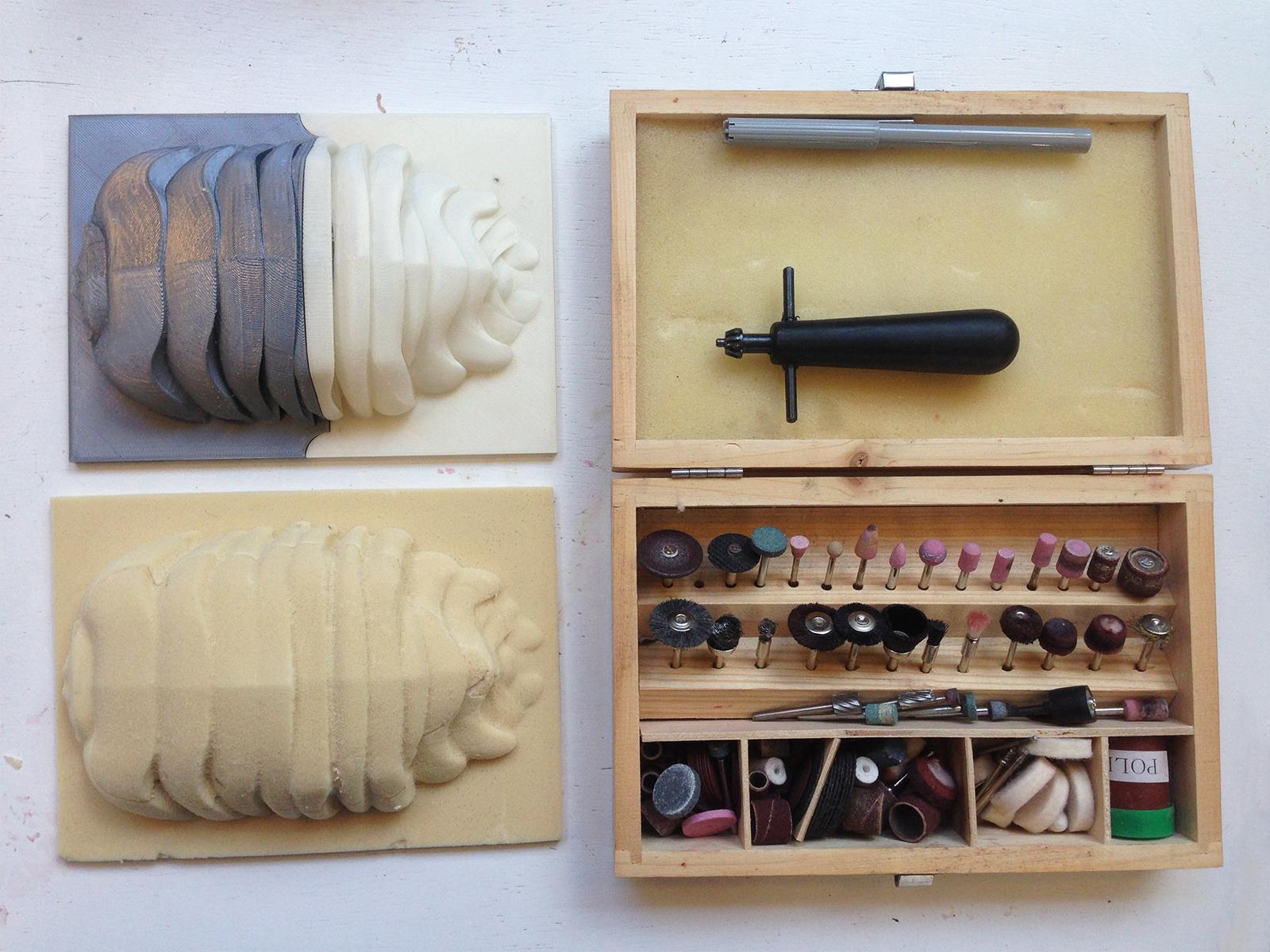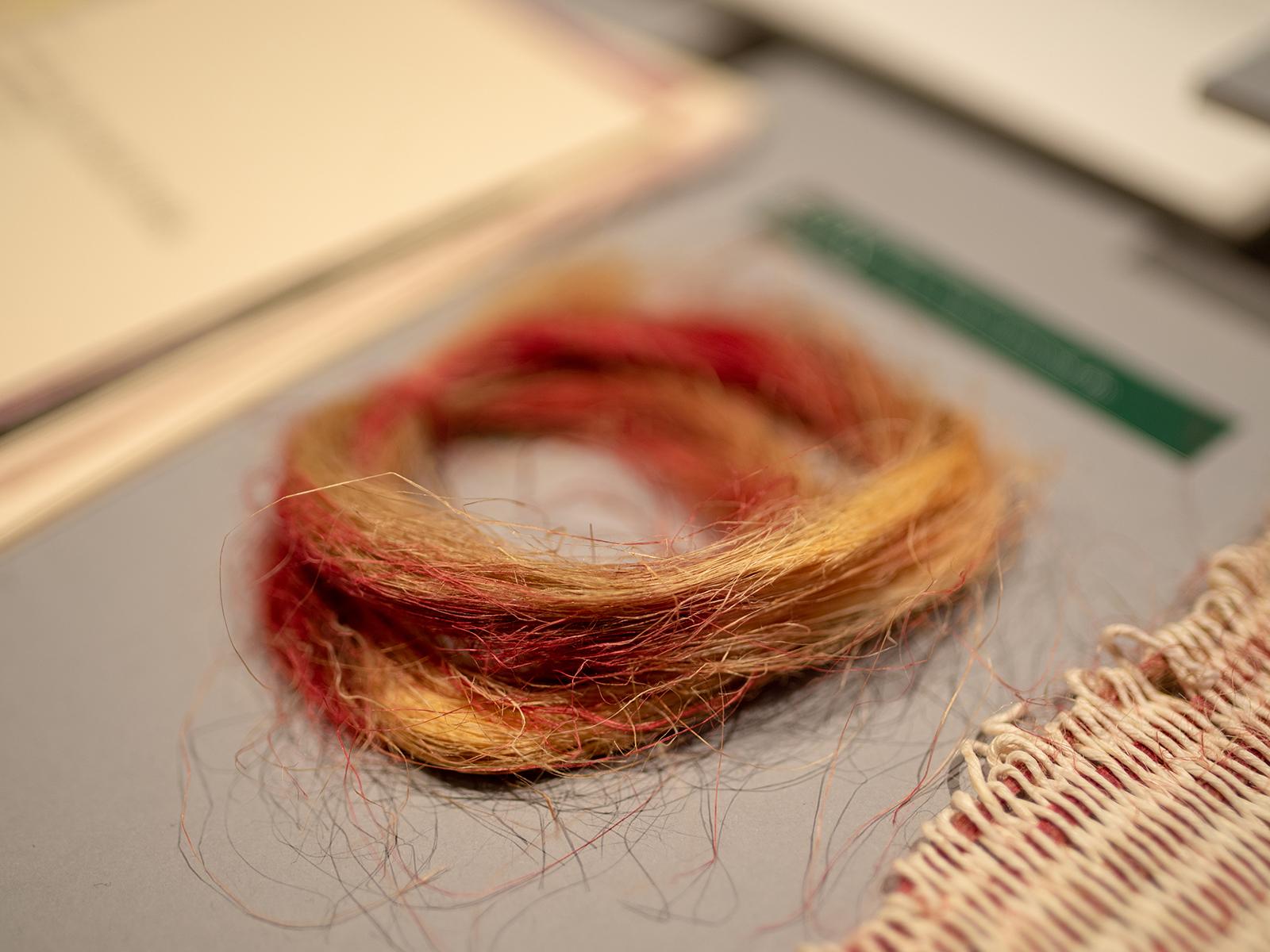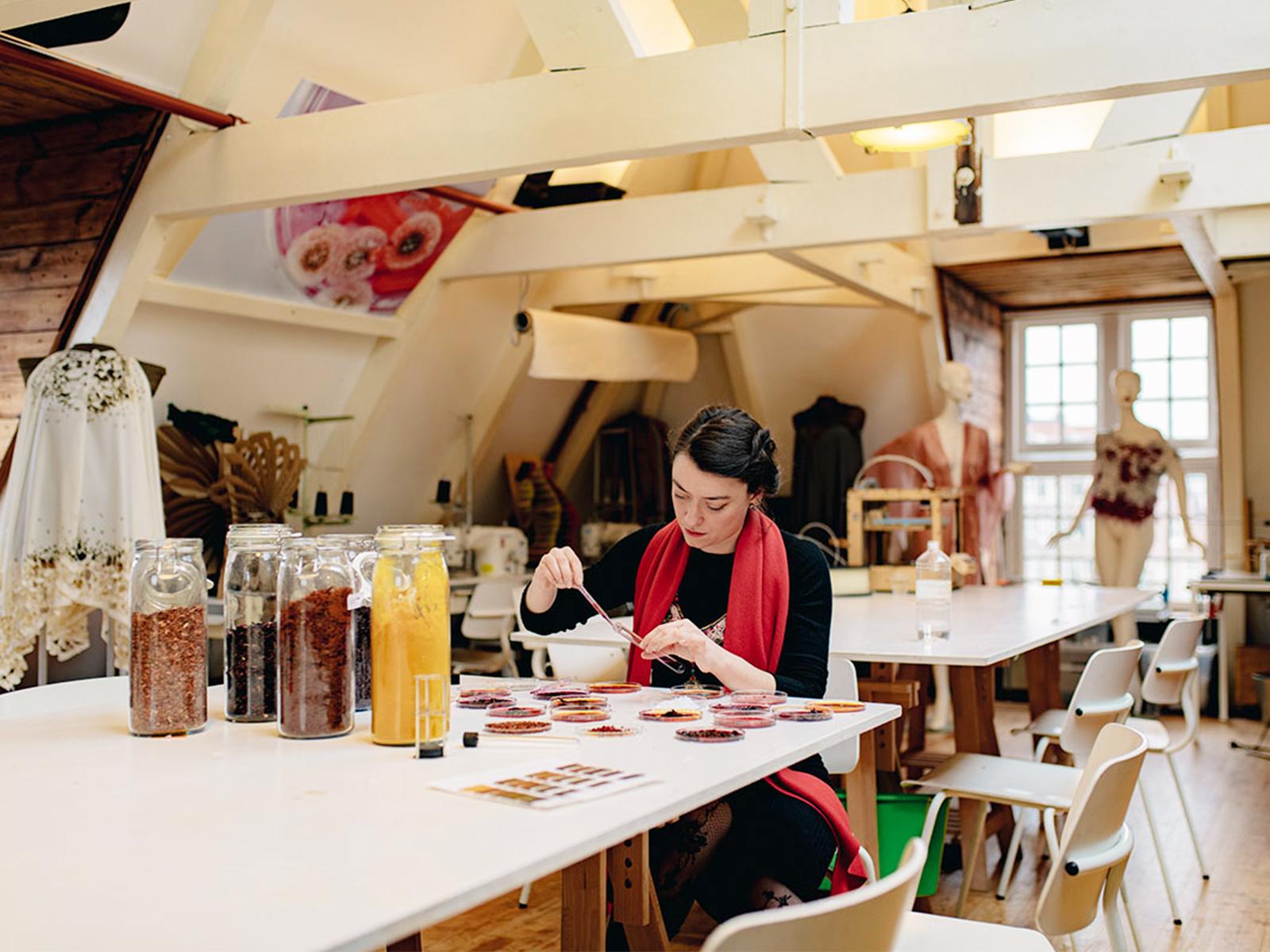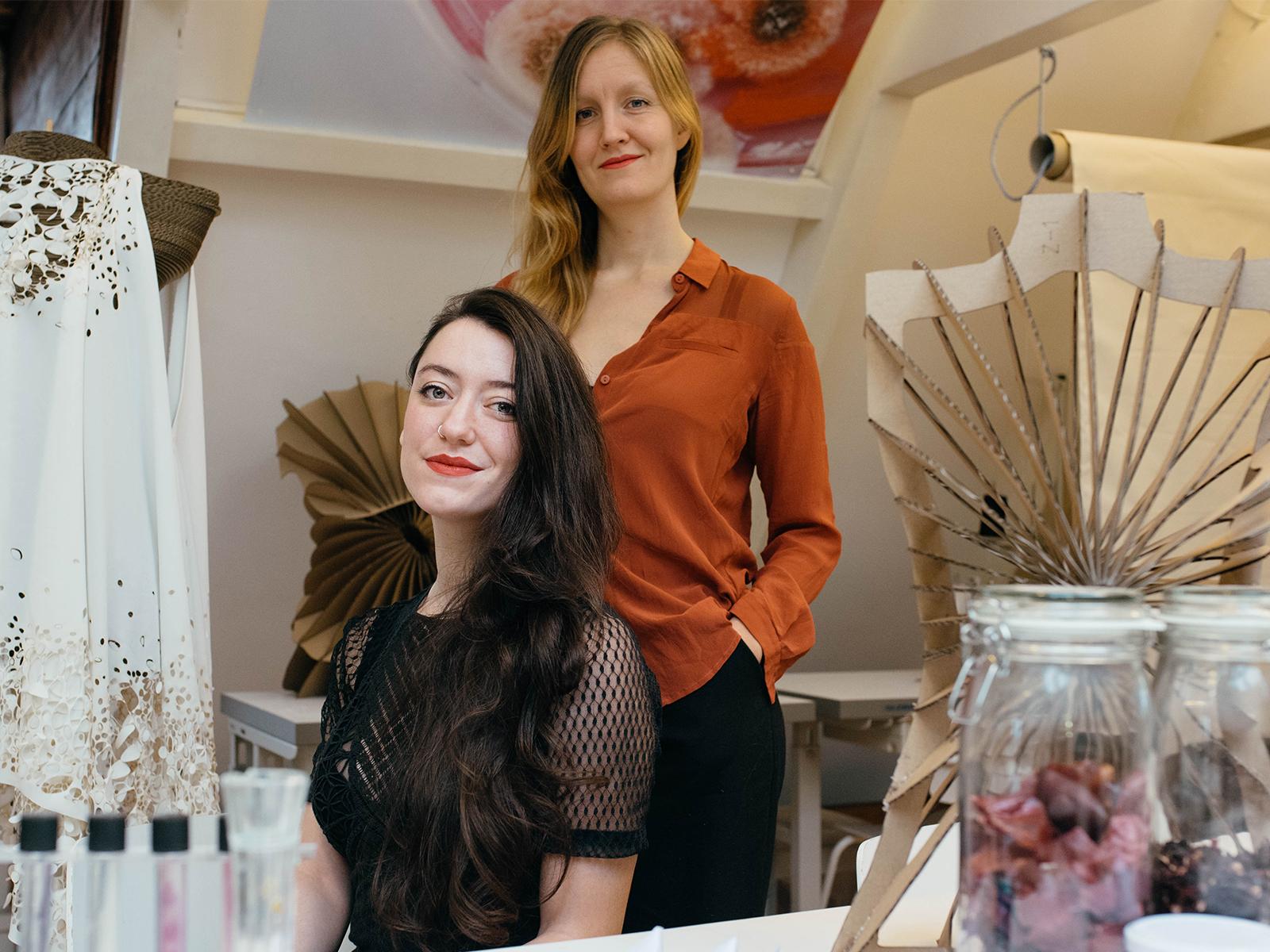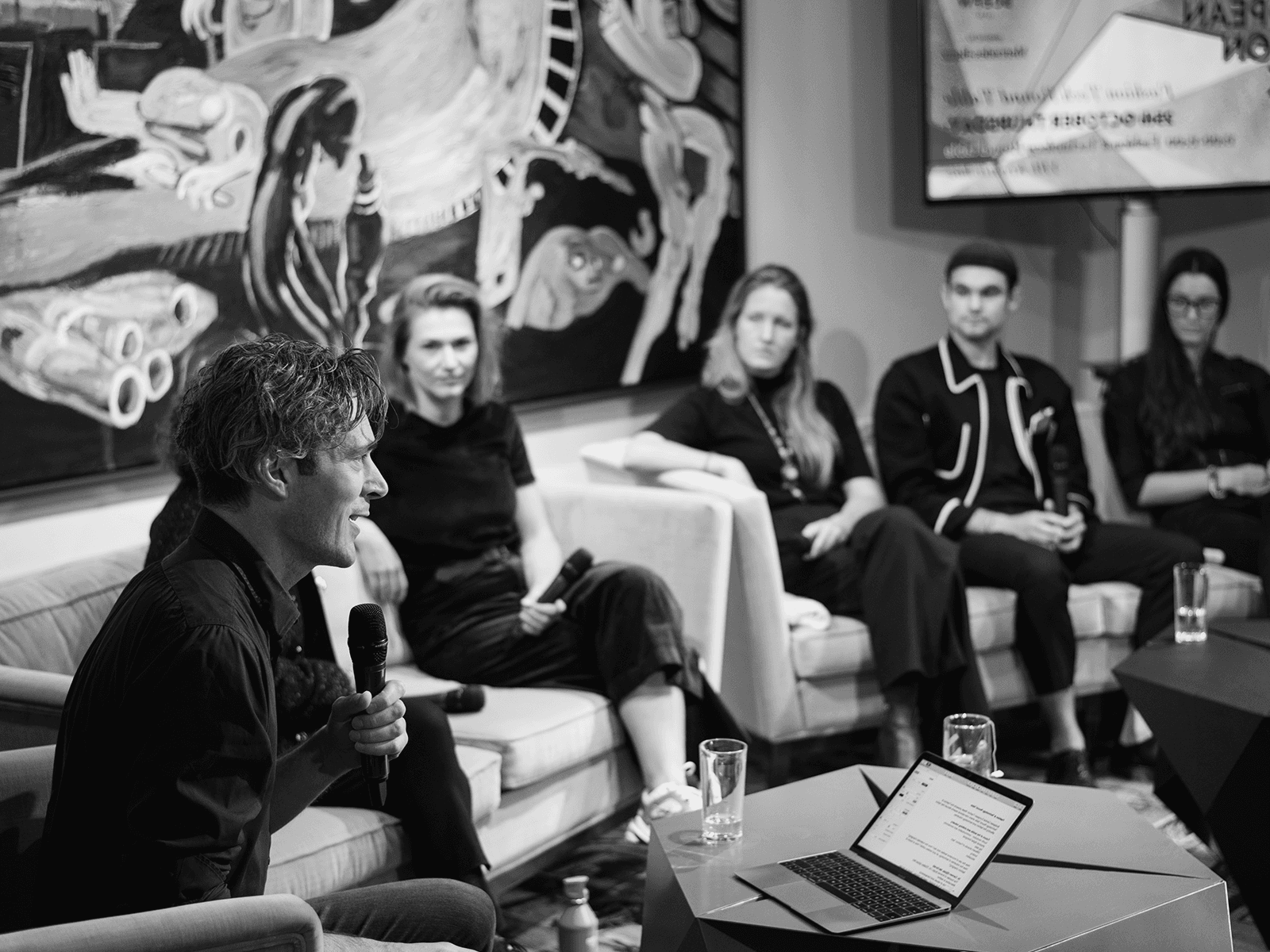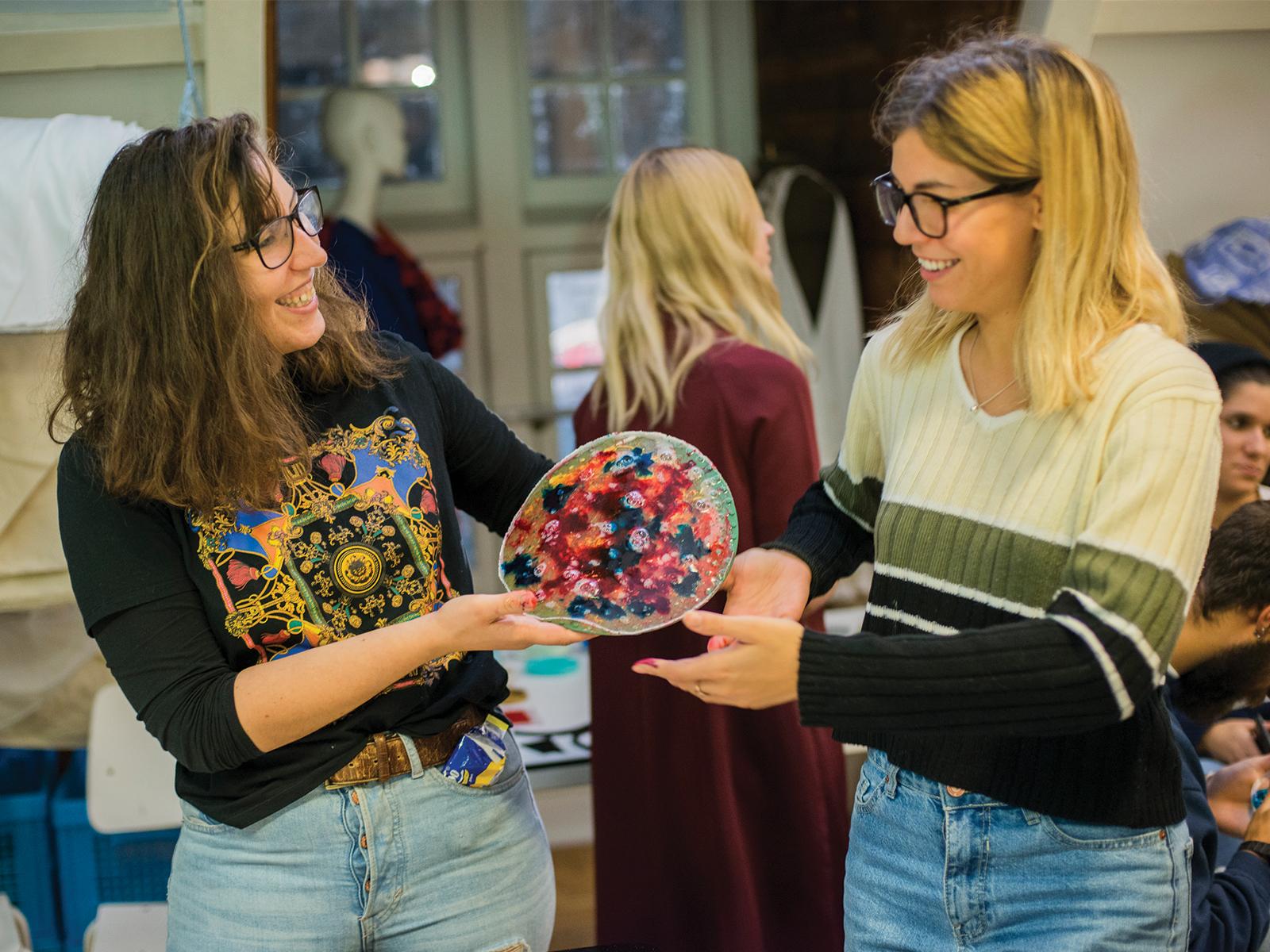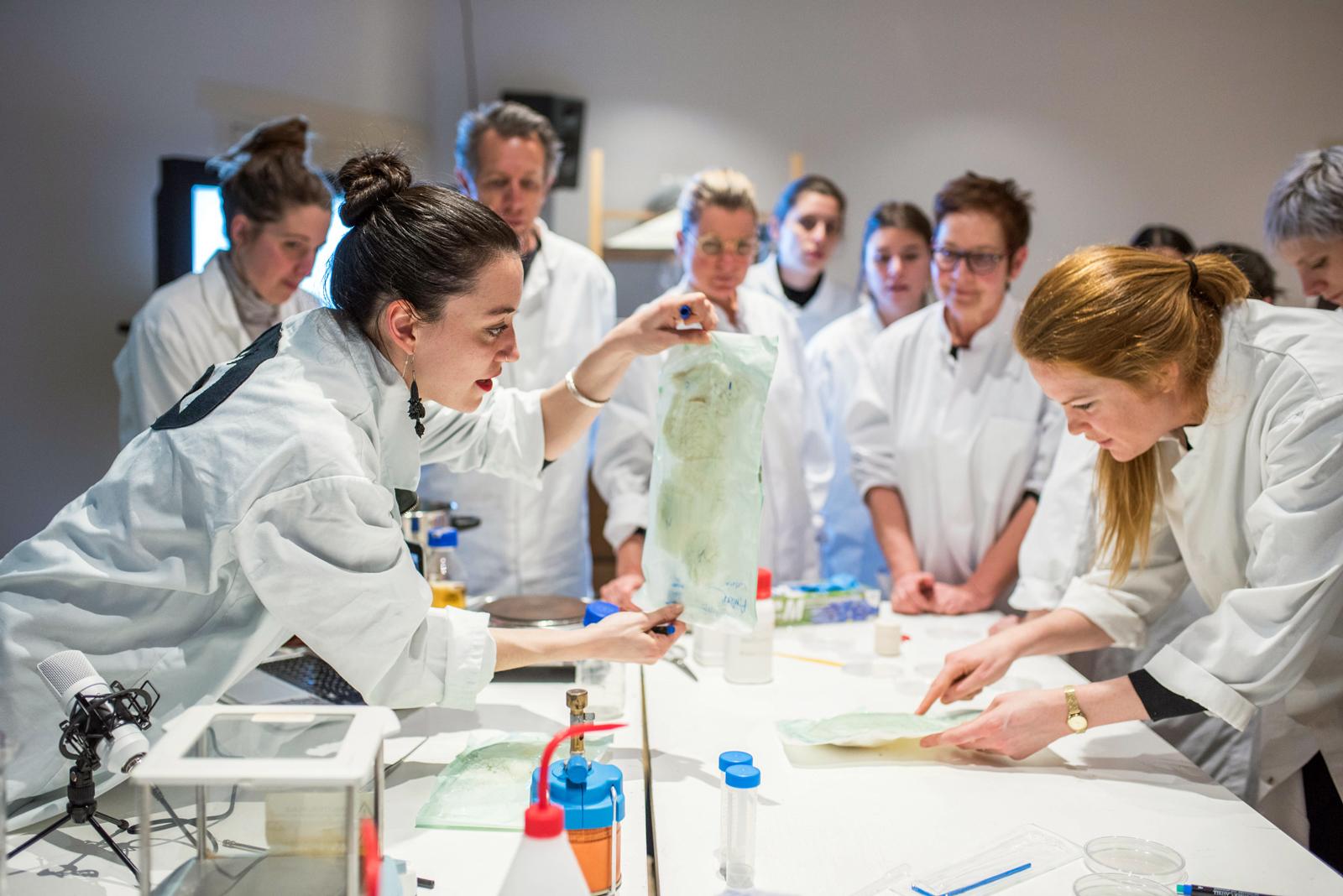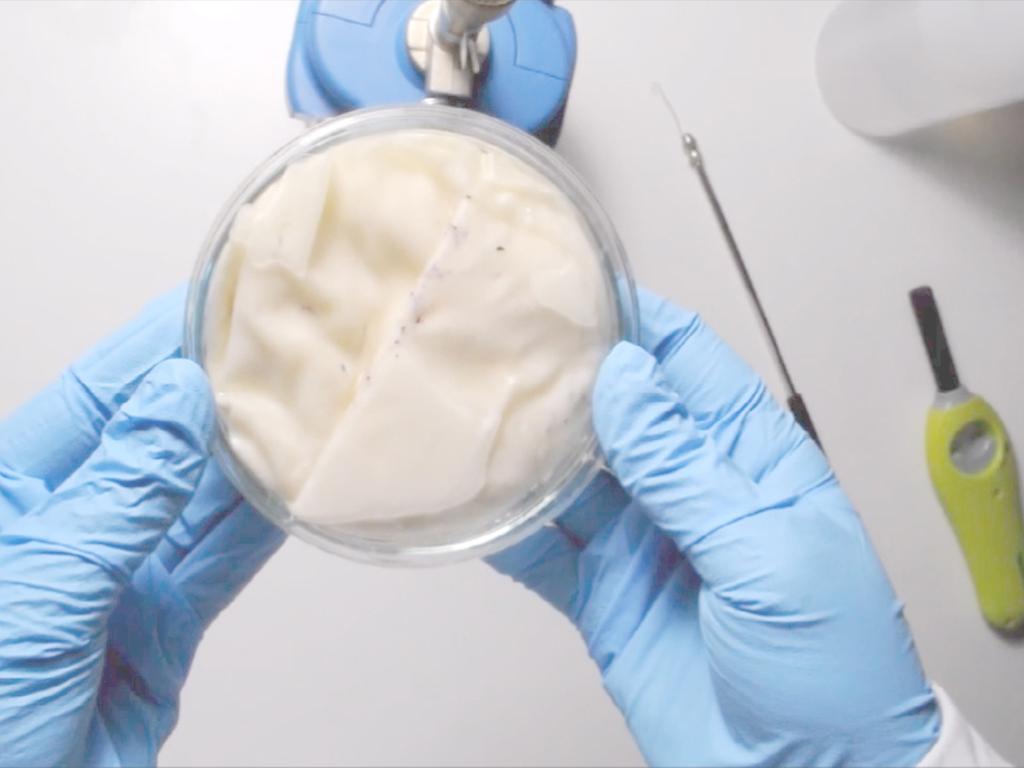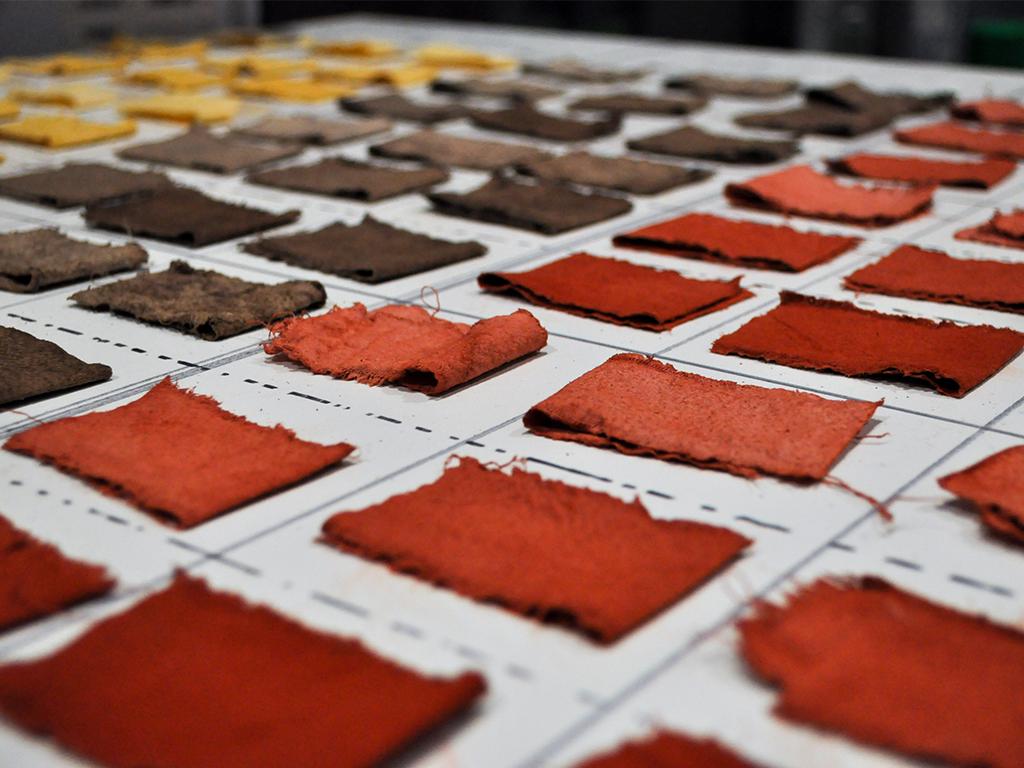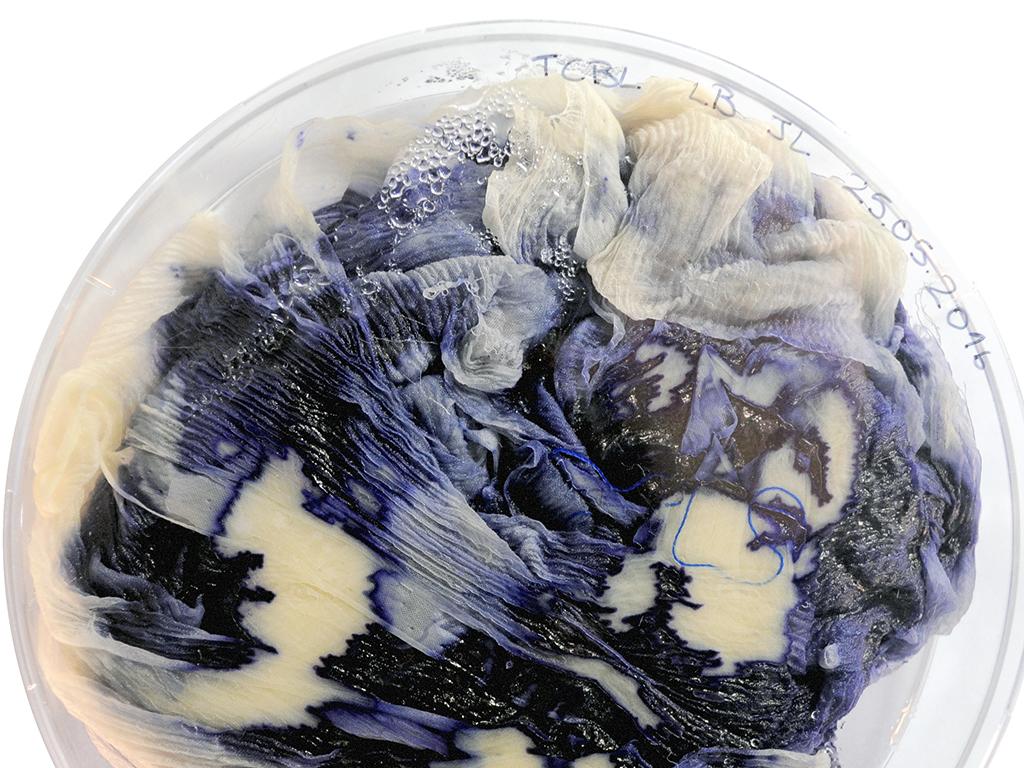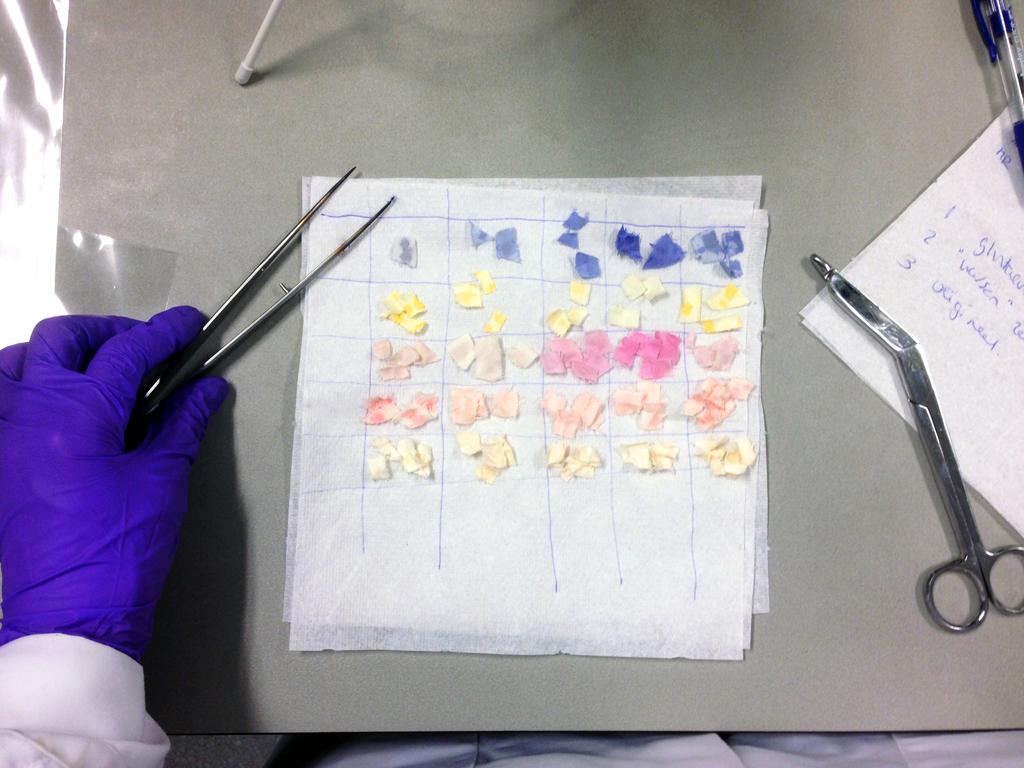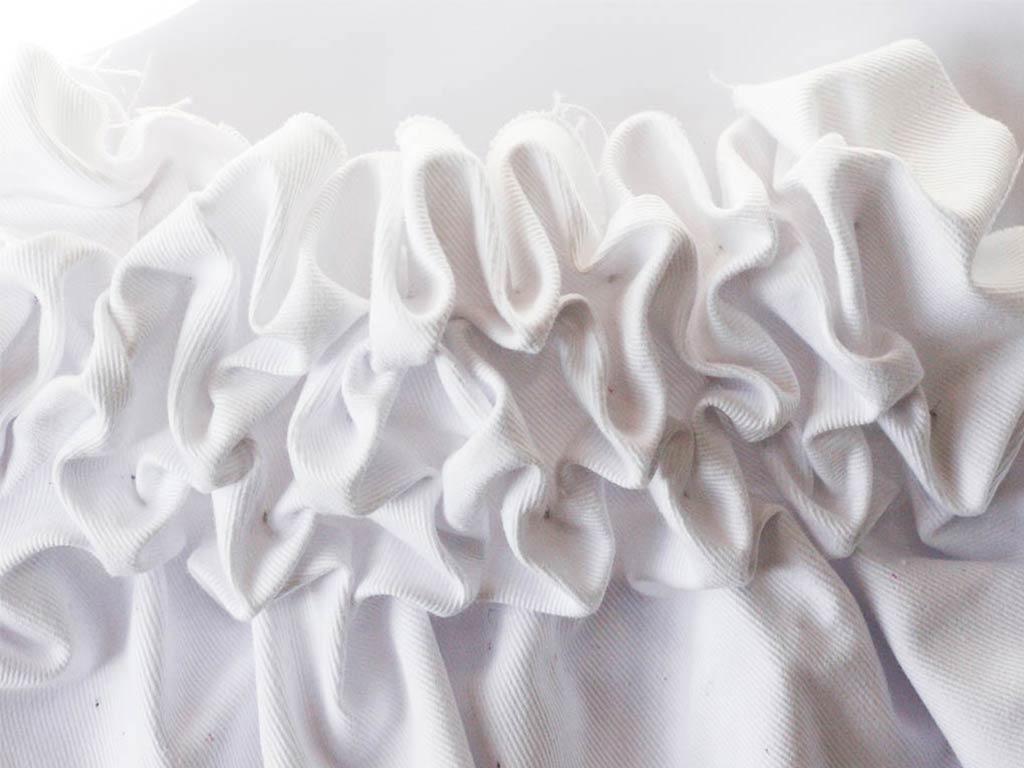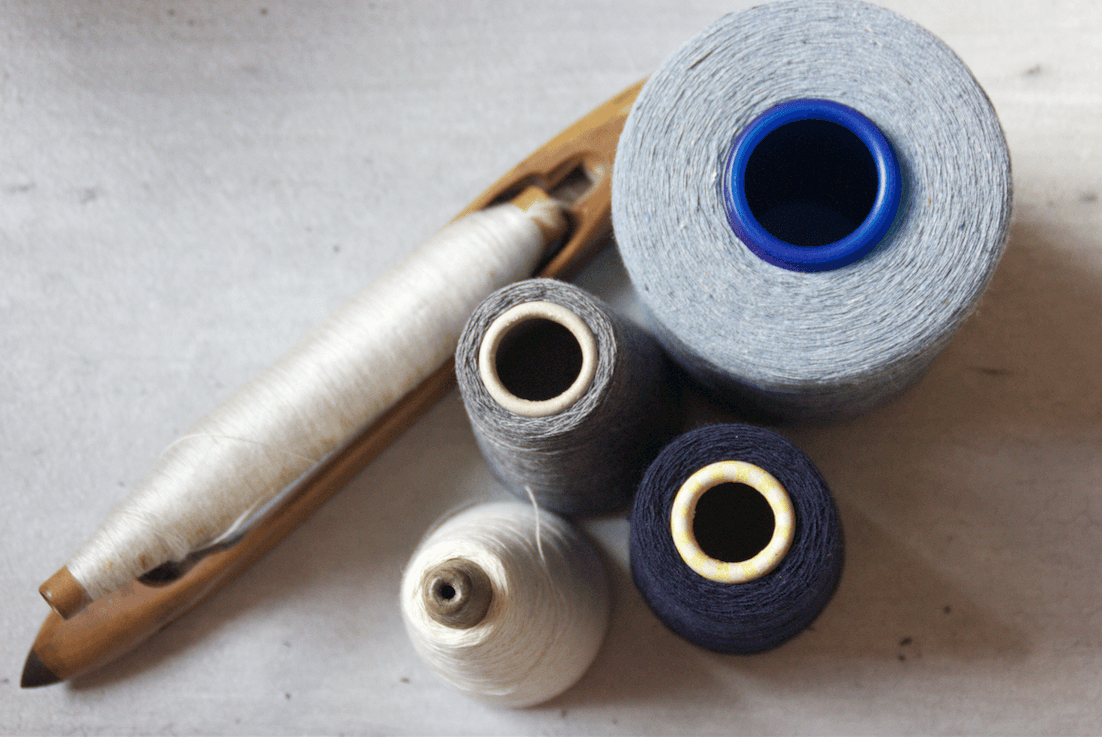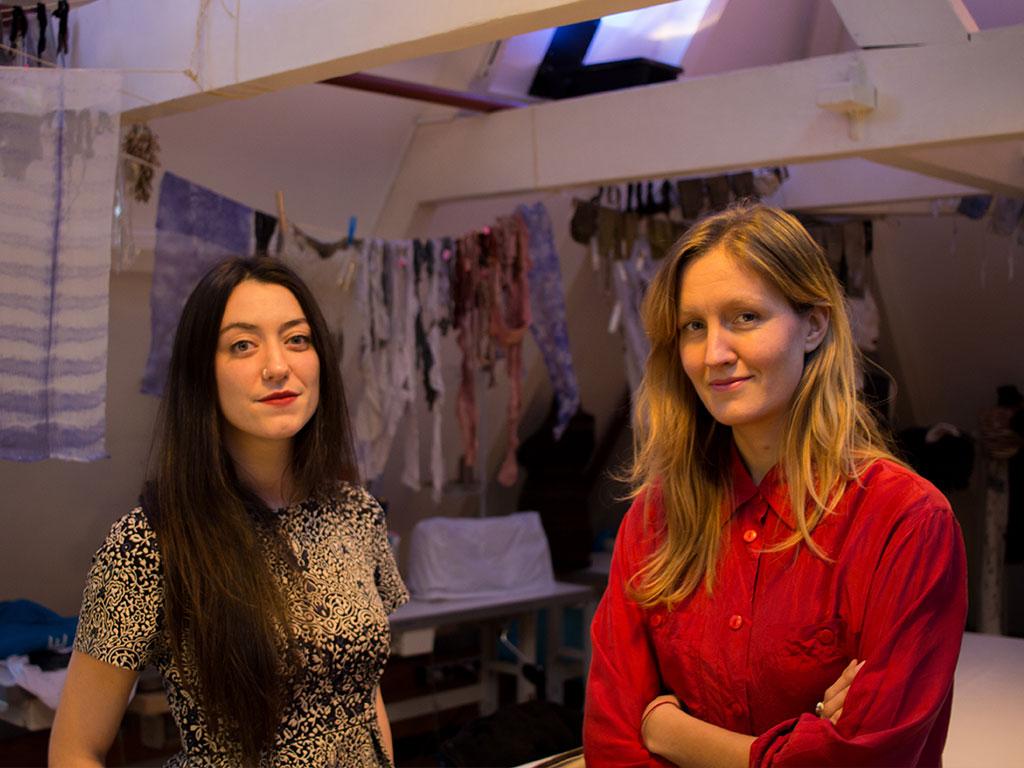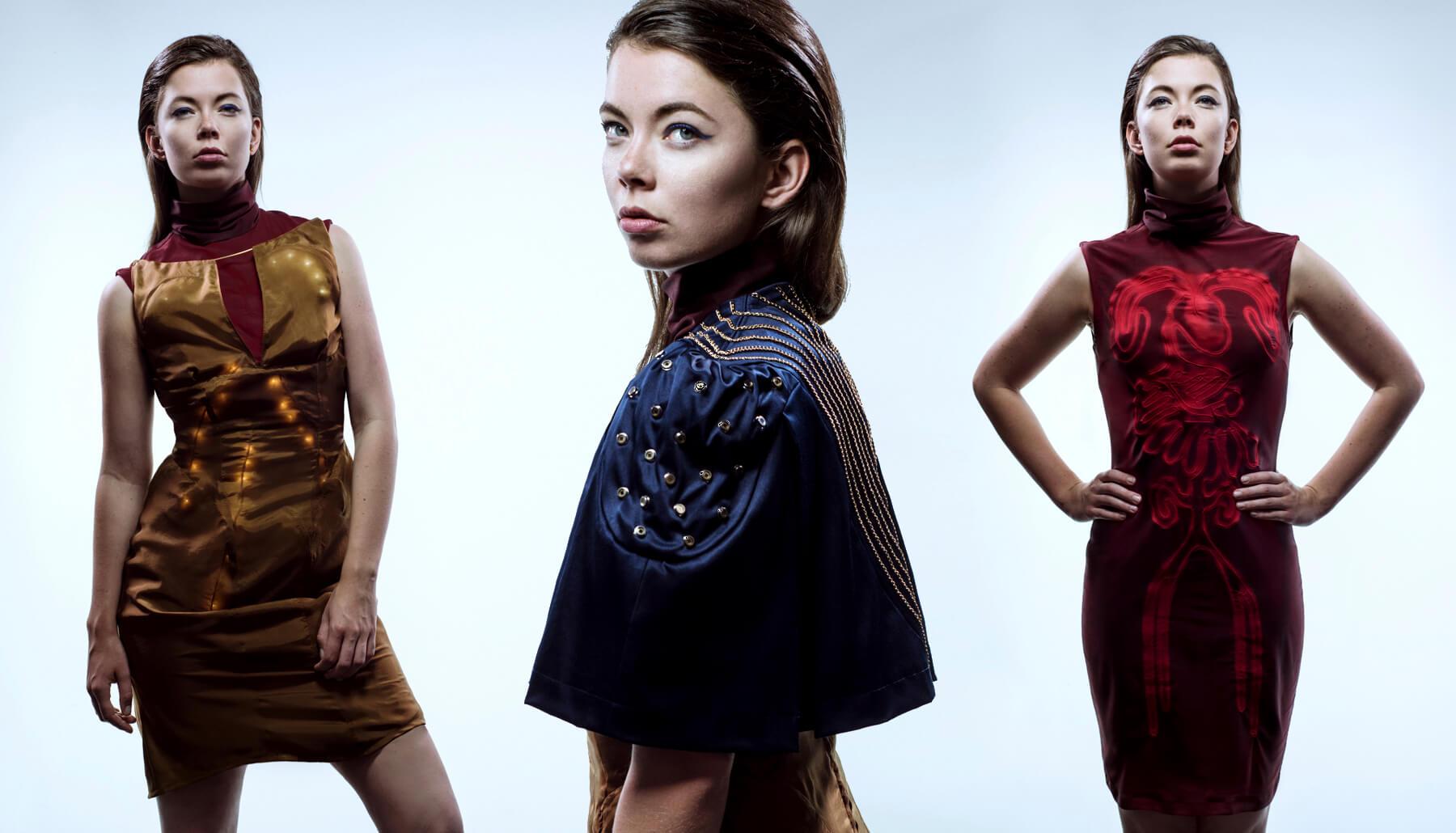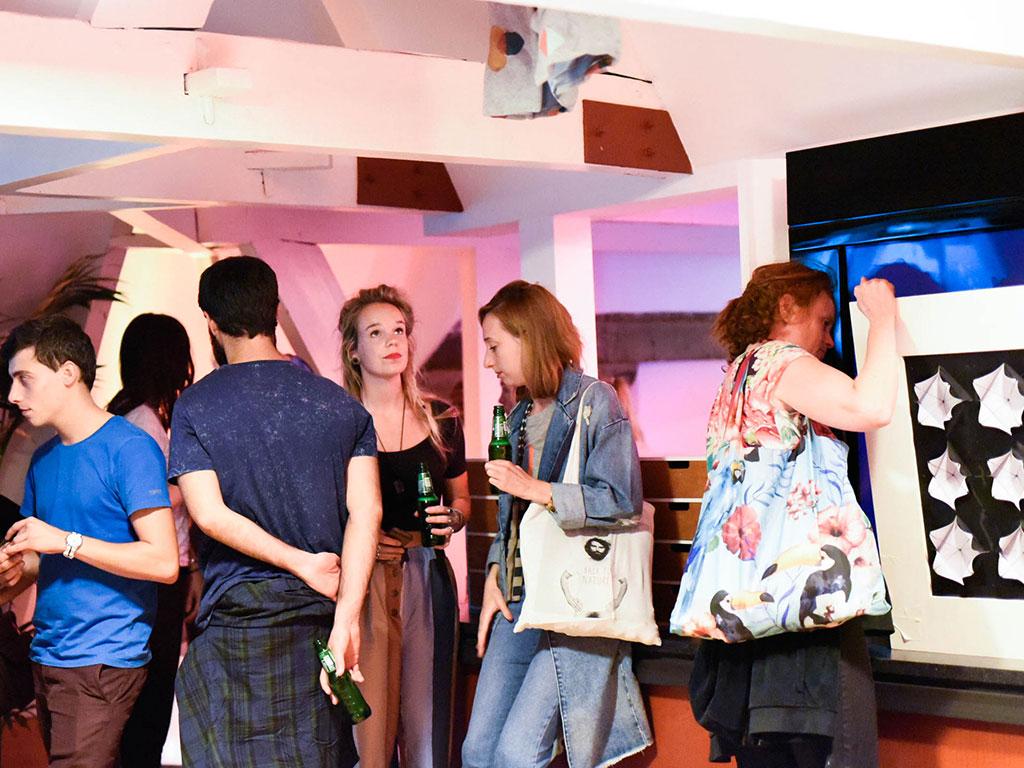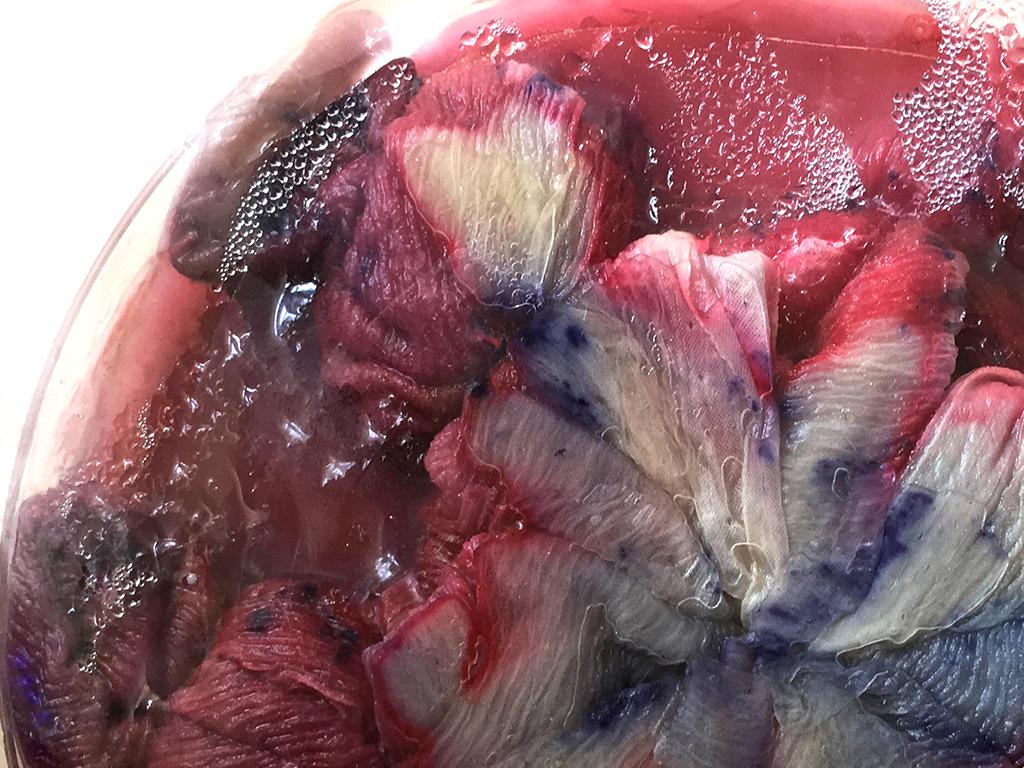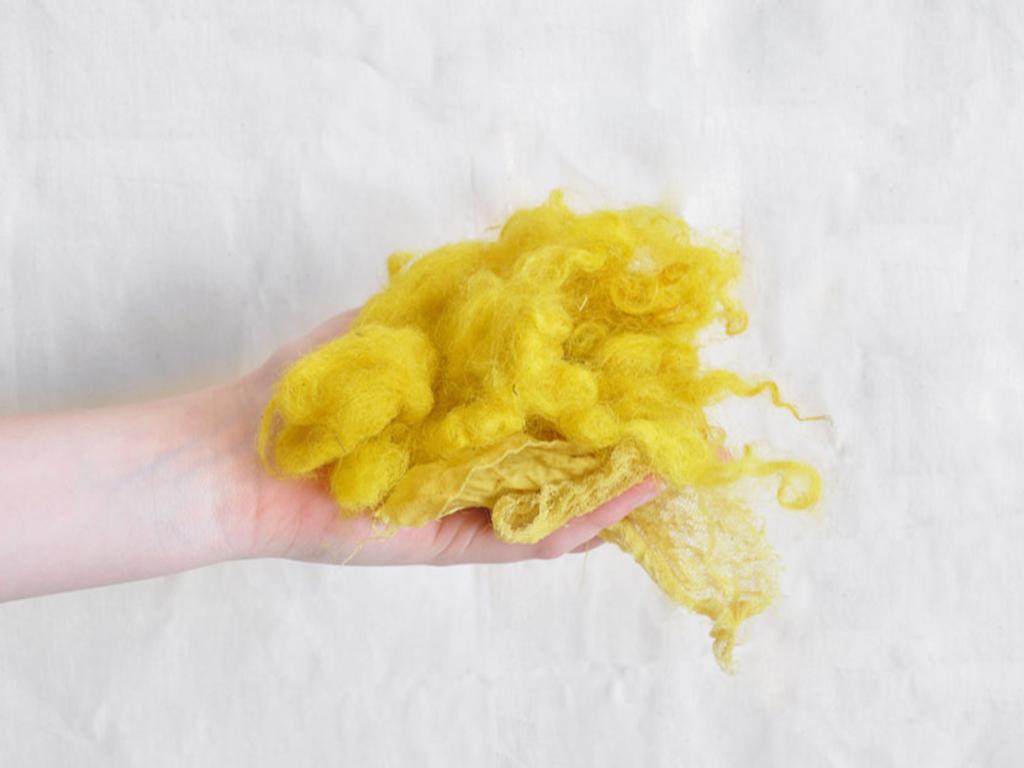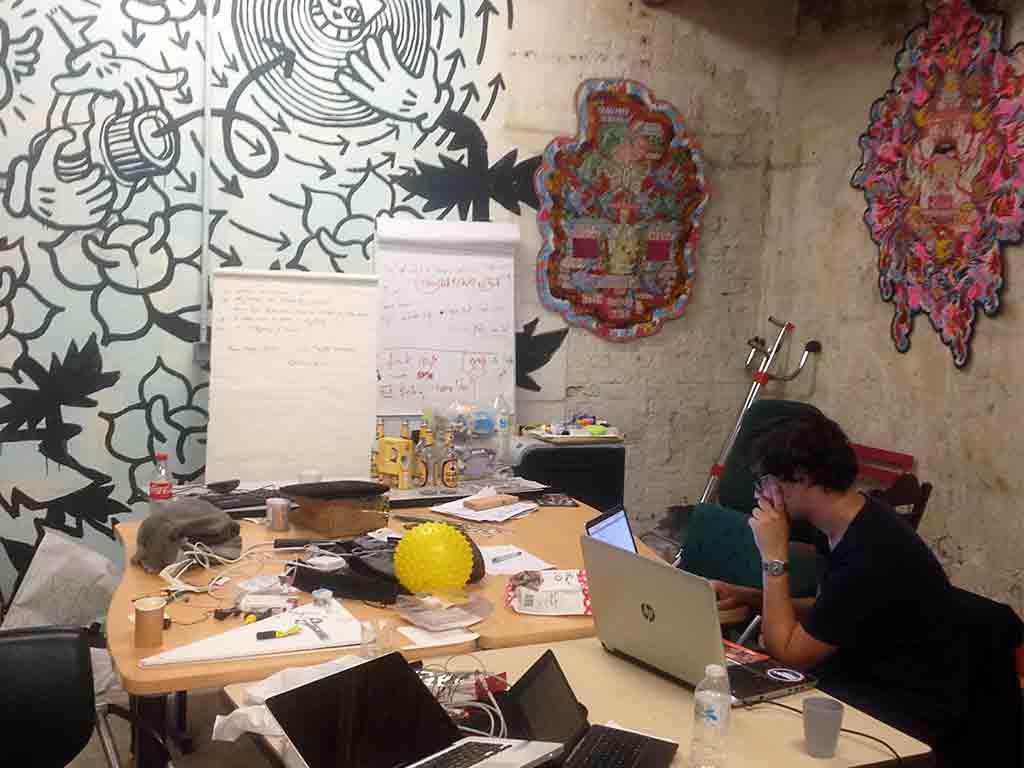The TextileLab Amsterdam is a lab for fashion, textile and material designers; researchers, artists, and engineers; and creatives interested in exploring the future of the textile and clothing industry. We experiment with craftsmanship, heritage, technology, digital fabrication, and biology; share knowledge; and push the boundaries of the textile and clothing industry.
With the TextileLab Amsterdam, we focus on the unethical and environmental unfriendly realities of the current textile and clothing industry, which has been a topic of conversation for some time now. At Waag, we want to explore alternatives for both the changing values in the industries as innovate the design and production process. Through combining the practices of the Open Wetlab, Fablab, and TextileLab, a platform for social innovation will be formed.
Open source making
TextileLab Amsterdam offers a place to explore the possibilities of creating and using open source tools and machines for the textile and clothing industry. Machines that we can weave and knit and experiment with new materials. Existing machines and tools will be hacked and new work processes explored. The outcomes will be replicable through digital fabrication and available for participants and other Textile and Clothing Business Labs (TCBL). The TextileLab Amsterdam consists of the Textile Academy program, weekly open evenings, and monthly Textile Dialogues events.
Textile Academy
The Textile Academy will explore how digital fabrication combined with old craftsmanship and heritage in the field of textile and clothing can influence traditional work processes. Academy students (along with experts, designers and researchers) will explore new ways of producing, designing and making as they push the boundaries of the textile and fashion industry.
TextileLab Amsterdam is part of the European funded project: Textile and Clothing Business Labs (TCBL).
This project has received funding from the European Union’s Horizon 2020 research and innovation programme under grant agreement no. 646133.
